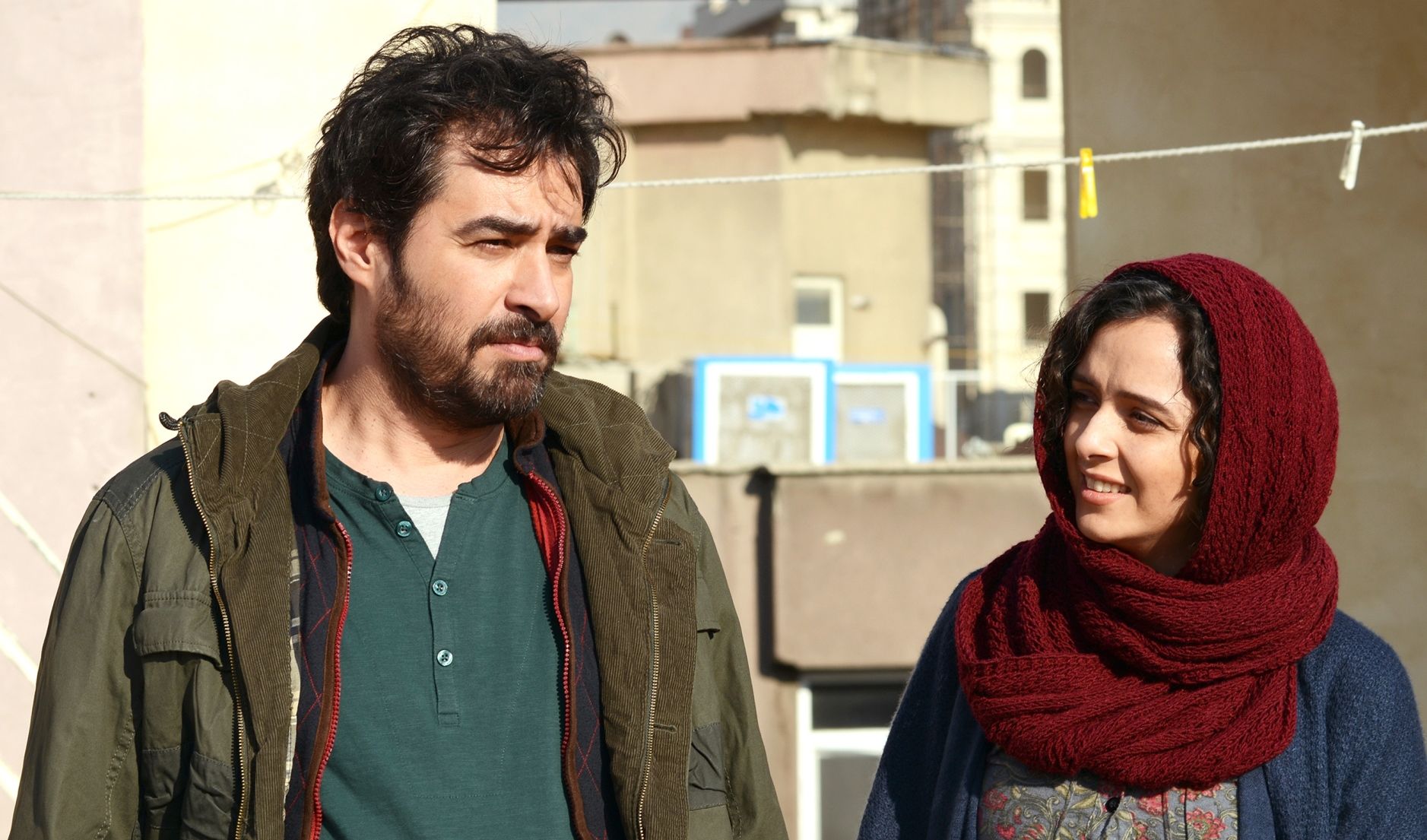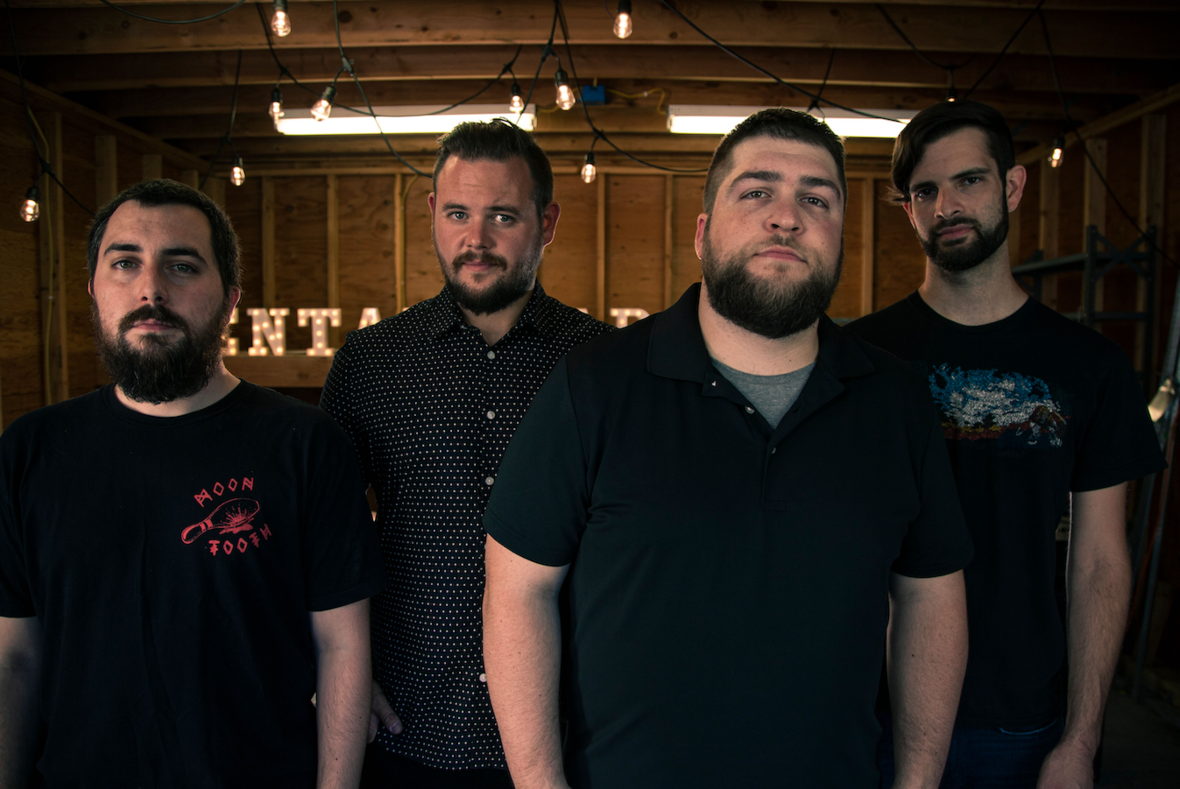Sometimes it can be difficult for foreign cinema to cross cultural boundaries, particularly when dealing with cultures as different as Iran and the United States. Though a foreign filmmaker may sometimes pander to Western sensibilities to receive attention in the American market, I don’t believe that is the case in Asghar Farhadi’s The Salesman, a tense tale of a relationship strained by external violence that is at once universal in its emotions and uniquely Iranian in how they are acted upon. I don’t claim to be an expert in Iranian social norms or how The Salesman does or doesn’t adhere to them, but if we are to take Farhadi’s work as a representative of Iranian ethos, perhaps the bridge between us isn’t so far as some would like us to believe.
Emad (Shahab Hosseini) and Rana (Taraneh Alidoosti) are a young couple forced to move out of their apartment after construction weakens their complex’s foundation and cracks the walls and windows of the building. A friend in their theater troupe offers them an apartment that has recently been vacated, at least until they can get on their feet and find something better. One night, Rana buzzes in someone, believing it to be Emad, only to be assaulted by an unknown man believed to be a client of the previous tenant’s prostitution. Emad takes it upon himself to investigate the invader, while Rana would rather the experience be forgotten and move on with her life.
Read more: Tanna is a gorgeously shot cultural artifact
The tension between the couple is at once relatable and hard to reconcile. On the one hand, Emad’s desire for justice on Rana’s behalf is understandable, even as it is obsessive and self-destructive. On the other, though, the attack was against Rana, so it should be up to her in how or if she pursues retribution or punishment, as frustrating as a lack of closure may seem to an outsider. Farhadi is a wise enough writer and director to not spell this conflict out in direct dialogue or even in overt interaction between the couple, but instead relies on the fantastic performances of Hosseini and Alidoosti to convey the growing gulf between them, culminating in a climax that is as game-changing for their relationship as it is for the offender whom they eventually confront.
The only major reservation I have for Farhadi’s film is that I wish that Emad and Rana were given more equal time in demonstrating how they cope with the assault. The majority of the proceeding is shown from Emad’s perspective, which does a fine job of conveying his growing anxiety in his inability to do anything about the attack on his wife, but it doesn’t give nearly enough insight into how Rana herself is coping with her trauma. This isn’t to say that Rana’s experiences are entirely sidelined, but we see them primarily as something for Emad to react to, which feels a bit dehumanizing when making the assault of a woman the inciting incident of a story.
However, I am willing to admit this criticism is based primarily on a Western conception of gender equality, and right or wrong Farhadi is a master of building dramatic tension and making a story that is engaging regardless of cultural origin. The Salesman is a film to be celebrated everywhere, particularly as an artifact of universal humanity in a time when American policy with regards to Iran is strained at best. This film is a reminder that people aren’t so different wherever you are, and we all can share common values in love, anguish, and our desire for justice.













